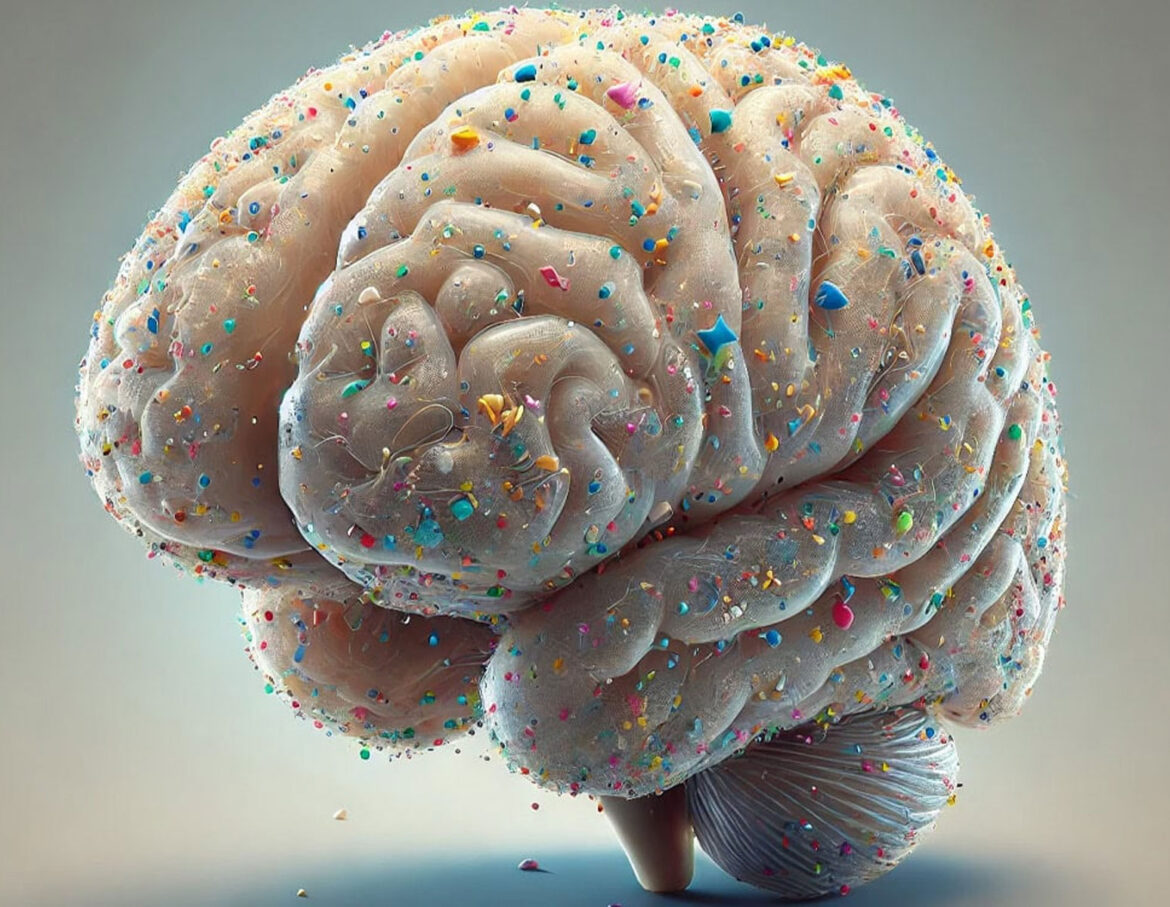Microplastics have infiltrated nearly every corner of our environment—air, water, and even food. Now, alarming new research has found that these tiny plastic particles are present in the human brain, raising serious questions about their impact on mental health.
A recent study by the University of New Mexico, published in Nature Medicine, discovered that microplastic concentrations in the brain have increased by 50% between 2016 and 2024. The study estimates that the average brain could contain the equivalent weight of a disposable plastic spoon—and that amount is expected to keep rising.
Possible Link to Cognitive Decline
The findings suggest that brains affected by dementia had several times higher levels of microplastics compared to average brains, hinting at a potential connection between plastic buildup and cognitive decline. However, scientists emphasize that more research is needed to confirm any direct link between microplastics and neurological conditions.
Lead researcher Nicholas Fabiano stressed that while the full health implications are still unclear, carrying plastic particles in the brain is likely to affect cognitive function over time.
How to Reduce Microplastic Exposure
Though microplastics are nearly impossible to avoid, there are ways to reduce exposure:
- Switch to filtered tap water instead of bottled water, which can cut microplastic intake by up to 90%.
- Avoid plastic tea bags and opt for loose-leaf tea instead.
- Store and heat food in glass or stainless steel containers rather than plastic.
- Limit consumption of ultra-processed foods, which have been found to contain microplastic particles.
Can Microplastics Be Removed from the Brain?
Unfortunately, researchers don’t yet know if microplastics lodged in the brain can be eliminated. What’s clear is that taking steps to reduce exposure now could help prevent further buildup and limit potential long-term health risks.
As microplastic pollution becomes more pervasive, scientists call for urgent research into its effects on mental health—before the problem gets even harder to clean up.



